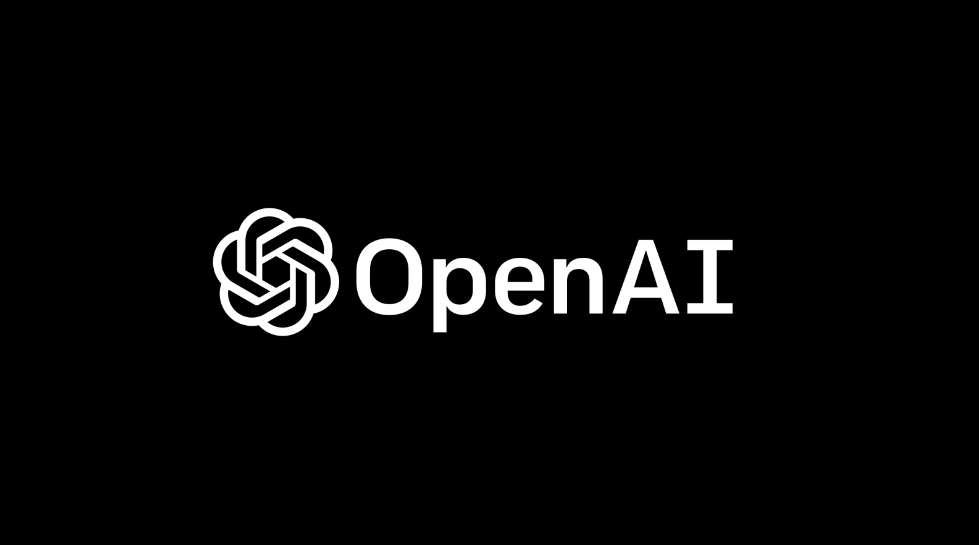OpenAI CEO Warns Against Over-Trusting AI Like ChatGPT
OpenAI CEO Warns Against Over-Trusting AI Like ChatGPT
In a recent interview on OpenAI's official podcast, CEO Sam Altman raised concerns about users placing excessive trust in AI chatbots like ChatGPT. Despite its global popularity, Altman stressed that the technology is not infallible and requires cautious engagement.

The Risks of Blind Trust in AI
Altman noted that while ChatGPT is widely used for tasks ranging from research to parenting advice, it can still produce misleading or false information. "People place a high level of trust in ChatGPT, which is interesting because AI can hallucinate. It should be a technology you don’t trust too much," he said. This phenomenon, where AI generates plausible but incorrect responses, remains a significant challenge.
New Features and Privacy Concerns
The discussion also touched on upcoming features like persistent memory and potential ad-based models. While these enhancements improve functionality, they also raise privacy concerns. Altman reiterated OpenAI's commitment to transparency, especially amid legal scrutiny from media entities. "Companies must honestly address the limitations of their technology," he emphasized.
Balancing Potential and Limitations
Altman remains optimistic about AI's future but insists users maintain a clear-eyed perspective. "It’s not very reliable, and we need to honestly face this," he said. As AI tools become more embedded in daily life, his warning serves as a reminder of the risks of over-reliance.
A Call for Critical Engagement
The OpenAI CEO urged users to approach AI with a critical mindset, avoiding blind trust to prevent misinformation. His insights highlight the delicate balance between leveraging AI's capabilities and acknowledging its flaws.
Key Points:
- 🌟 AI is imperfect: Users must stay alert to its limitations.
- 🔍 Misleading outputs: ChatGPT can generate false or hallucinated information.
- 🛡️ Transparency matters: Companies must address technological shortcomings openly.